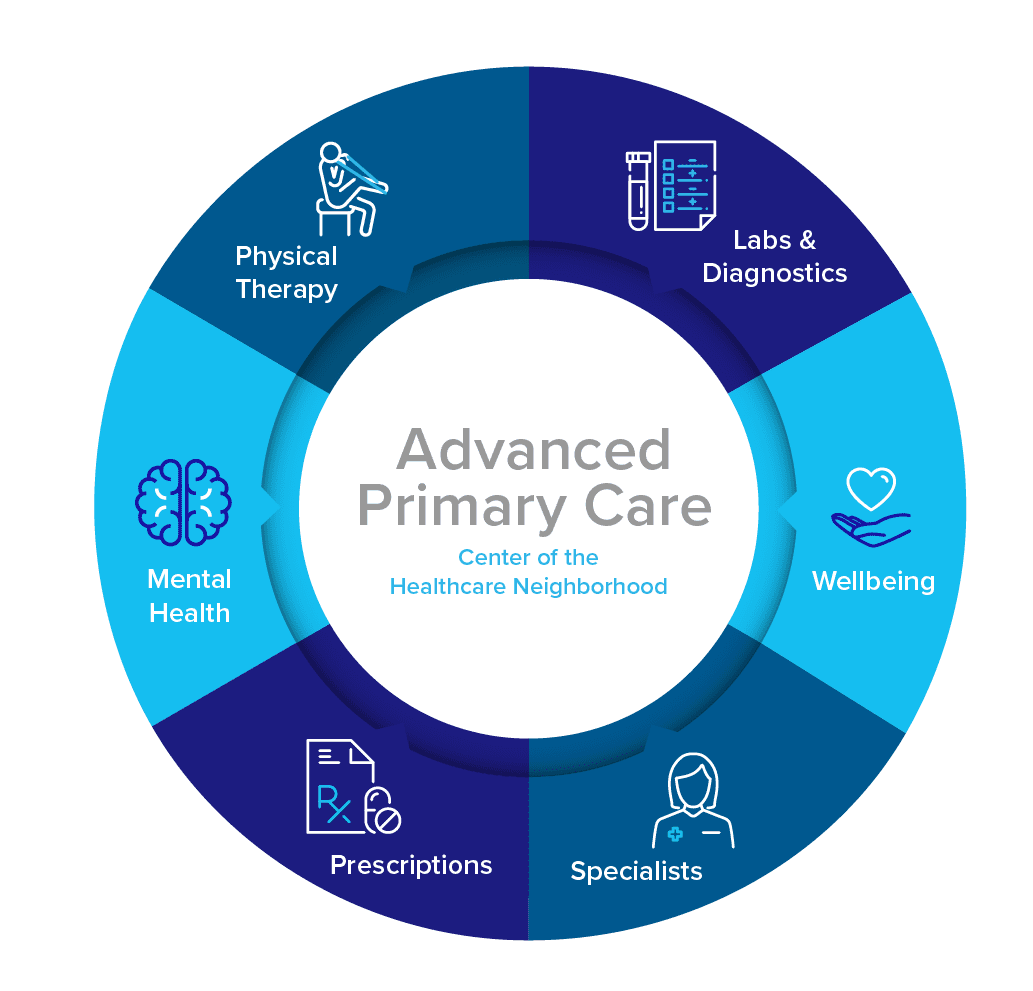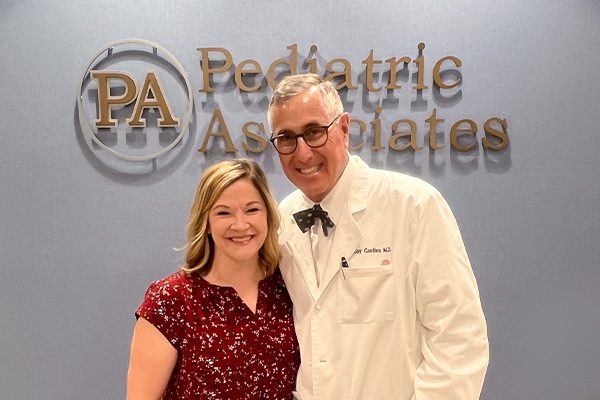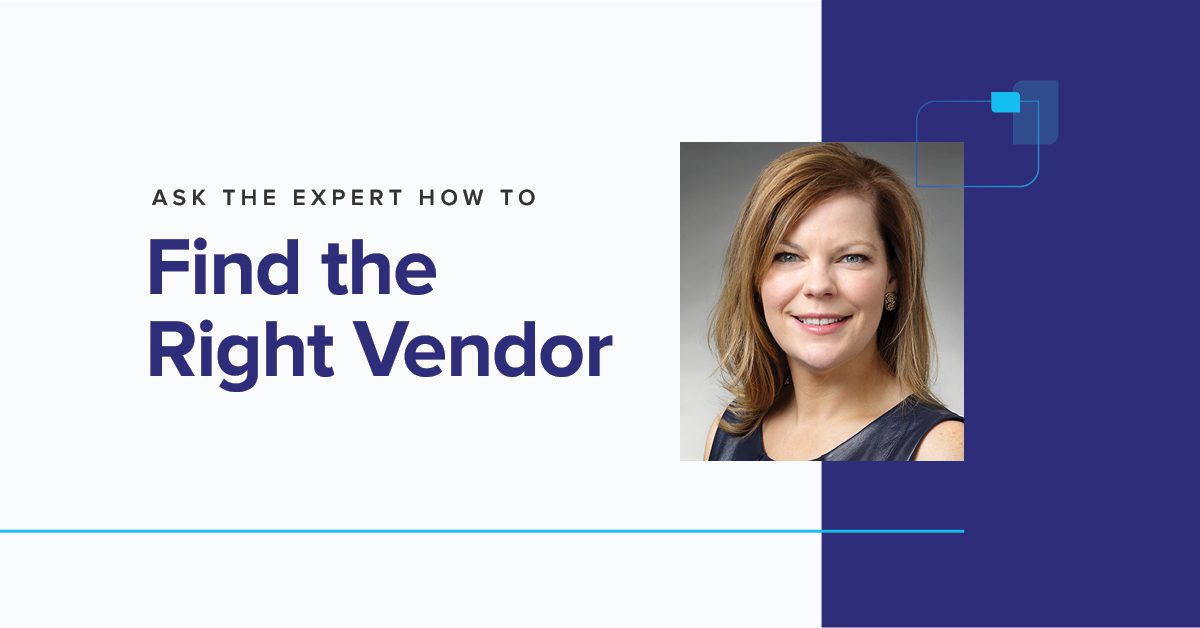Healthcare Updates
3 Things You Didn’t Know About Primary Care
From hospital-system behemoths to small private specialty groups, care options are more bountiful than ever. Amid all the noise in healthcare, it can be easy to believe that the quality of care you receive is directly related to how expensive and complex it is to obtain. In honor of National Primary Care Week, we’re challenging that assumption by highlighting the benefits of care that’s closer to home.
Here are three things you should know about the power of primary care.
1. Primary care can meet up to 80% of healthcare needs.
Many people expect primary care physicians to provide acute and chronic care, but their capabilities extend much further. Traditional family medicine cared for the whole family through every health concern, from the delivery room to the nursing home. While medicine has become more specialized, primary care’s scope of services is broader than you may think, as it can include immunizations, medication dispensing, lab work, and even behavioral health and health coaching. Under a broad-scope model, patients can receive insulin, get a cancer screening, and receive tobacco cessation counseling (and much more!) all in the same location. Some primary care providers even offer minor procedures such as splint applications, joint injections, and ear irrigations.
2. High-quality primary doesn’t require insurance.
Many patients may believe that receiving comprehensive care requires deep pockets and a premium insurance plan. But concierge care isn’t the only option for thorough and personalized primary care. Through direct or employer-sponsored primary care, individuals can receive unlimited access to broad-scope care that is billed at a fixed monthly fee rather than through insurance. By eliminating the fee-for-service model, patients and employers save money, while providers are free to work toward the best possible outcomes—creating a model that is uniquely affordable and uniquely effective.

3. Primary care is the center of the healthcare neighborhood.
In today’s complicated healthcare world, everyone needs a home base. Even when needs fall outside of primary care’s wide-ranging scope, all care can still be coordinated through the practice. This includes referrals to specialists, physical therapy, specialized mental health needs, and much more. A primary care provider can receive results and other medical information from specialists to ensure proper follow-up and accordingly improve the patient’s care plan. Most importantly, patients will not be tossed from specialist to specialist—instead, they can be navigated through the whole process and advocated for by the healthcare team who has already earned their trust.
To learn more about elevating the standard of primary care, contact us!
Sign up to get the latest news and insights from Proactive MD.


